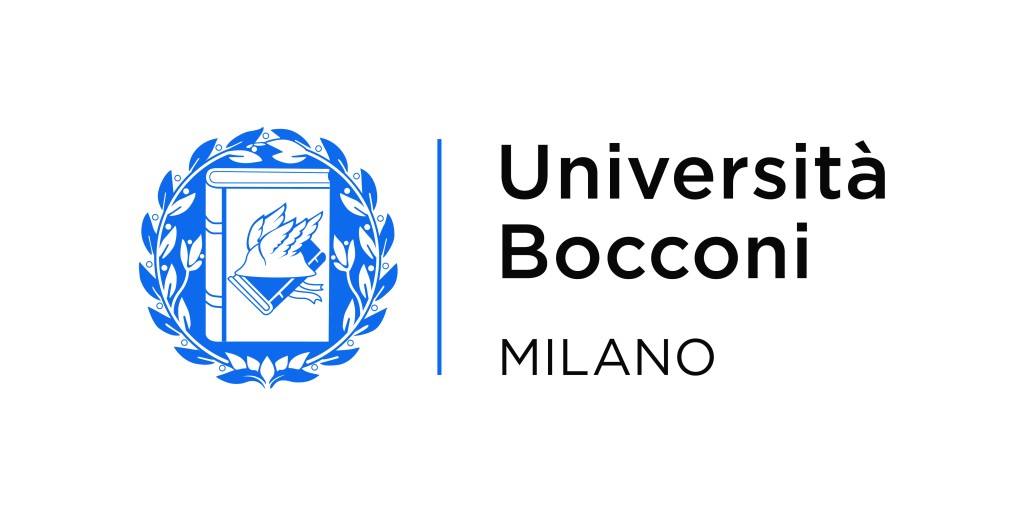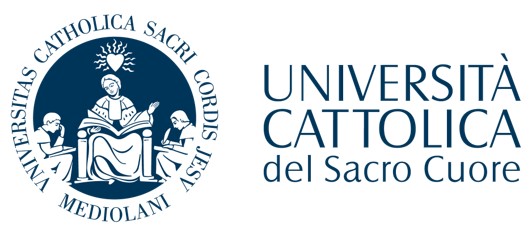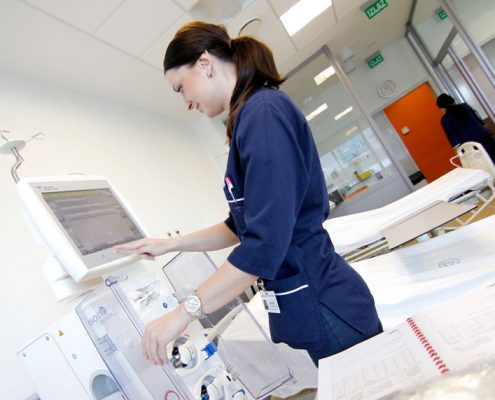
If you are only just now starting to research your options abroad, we suggest that you have a look at the recording of our most recent webinar.
Rather than try to “sell” you on any particular option the purpose of this blogpost is to encourage you to think about the most important aspects of your choice. At the end we will list some places that have availability for 2022 but we already know that the right advice for most of you will be to take some time out and plan for 2023 or beyond.
- How do I choose the right medical/dental/vet school?
Which is the best medical school in Europe that is easiest to get in to? This is a typical first question and it is an awful one. Is the best option likely to be the easiest? It might very well be the most affordable (what you get and what you pay for aren’t always the same thing) but getting into medical school just means you have jumped the first hurdle – there are many other things to consider.
Obviously, you need to know that you meet the entry requirements and that your grades will be acceptable but many medical, dental or vet schools won’t actually care about your grades. What they will care about is how you do in their own entrance exam and this is the first problem that you will face: you are quite possibly too late to apply for 2022 admission. Covid-19 has meant that many students who finished school last year have already booked up most of the places on some of the popular options. For example, dentistry in Spain has been full for months already and we can only advise you to try in 2023.
We recently organised a webinar about how to research medical, dental and veterinary schools abroad and we recommend that you watch this as it will answer most of your questions. This is designed specifically for people applying in 2023 but if this is the first time you are thinking about this, it is still a good introduction.
- Will I need to learn a foreign language?
Yes.
There are an increasing number of options taught entirely in English but they are not available in all European countries. Even where you can study in English, you will almost certainly need to deal with patients in their own language. There are very few ways of doing this completely in English and you will hugely restrict your options if you insist on this.
Every year we come across one or two new European options but they are usually in the same countries:
- Medicine – central and eastern Europe, Netherlands (50% in Dutch), Cyprus, Italy, Croatia, Germany and Malta
- Dentistry – central and eastern Europe, Spain, Cyprus, Italy, Austria
- Veterinary Medicine – Croatia, Poland
We occasionally have students who insist that they will only go to places where they can qualify entirely in English and this is possible: if you have the money, by all means go to the Caribbean or Australia (Ireland is extremely unlikely although the RCSI does offer medical education in Bahrain at around US$40,000 a year).
For most people, however, studying health sciences abroad means studying elsewhere in Europe and that means learning a language. It is fair to say that Spanish or German might be easier to learn than Bulgarian or Czech (not to mention more useful later in life) but if you go into this thinking that you can minimize the importance of learning the local language, you are going into this with the wrong frame of mind and we would encourage you to think twice.
You will also come across examples of medical and dental schools in Ukraine and Georgia, or branch campuses of these universities in the UK. If you find yourself speaking to an agent who is pushing you in this direction, rather than sensible, recognized choices within the EU, hang up the phone and move on.
- Will my degree be GMC/GDC/RCVS recognized?
For medicine students, the introduction of Medical Licensing Assessment from 2024 might have an impact on EU-educated doctors but currently it would be illegal to make you take this test if you had qualified within the EU. This is one of those areas where you will need to be aware of the impact of Brexit.
In the future, for veterinary students, if you have studied at an EAEVE accredited institution you are unlikely to have any issues with recognition.
For dentistry, there is no indication yet of what will happen from 1st January 2023. If you start dental school this year, you will be doing so without clear knowledge of recognition and registration processes when you graduate. There is no point complaining about this. If you would like to get a sense of the General Dental Council’s concerns you can read their response to the government’s consultation here.
- Should I take a Pathway Programme or an alternative Bachelor’s degree in the UK and try for graduate entry?
No.
OK, I appreciate that my advice here might be biased and needs to be tempered by all the other considerations that you will have. However, I think it is definitely something you need to hear as it might contradict what you will be told by other sources.
Clearly, many students in the UK are attracted to options that appear to keep them on track to becoming a doctor or dentist after the completion of a Bachelor’s degree. However, this doesn’t always work and there are precious few graduate entry routes available elsewhere in Europe. This means that upon completion of a 3 year BSc in Biomedical Science, for example, you might have to start at the beginning again at a European medical school. The chances of your credits being recognized towards a medicine or dental degree elsewhere in the European Union is zero.
The only country that has a number of suitable options for medics is Poland and these are primarily designed for students who intend to work in the USA upon graduation. There are options to gain a 4-year UK medical degree in Cyprus or Malta, and Ireland is also theoretically possible, but entry requirements are high. There is nothing suitable for dentists and only one known option for veterinary students.
There is no such thing as graduate entry medicine or dentistry in other European countries. British students who are going abroad after studying Biomedical Science in the UK are occasionally able to start in the 2nd or 3rd year of a six-year programme (five for dentistry) but this is not the same thing and there can be recognition issues as a result. Currently, only universities outside the EU are offering such a possibility. This is the main reason why so many British students have been convinced to study in Ukraine or Georgia.
Some international universities offer pathway programmes that might be suitable but please be aware that they might only be recognized in certain universities. We work with the Universidad Europea de Madrid Health Science Foundation Year which is ideal for people with below CCC at A’ level, or who do not have the right subjects. It works very well for gaining guaranteed admission to 1st year dentistry in Madrid the following year but does not improve your chances anywhere else.
- How much is it going to cost?
The one financial consideration that is the same wherever you go is that British student finance isn’t going to travel with you; you are on your own financially. This usually means that the decision to study abroad is one that needs to be taken as a family. There is absolutely no point in applying to a university if you know you will not be able to afford to take up your place there. There are currently no medical schools abroad where you have automatic access to student finance.
Scholarships and bursaries are extremely rare but Italian medical and dental schools will take your family’s income into consideration when setting tuition fees. Post-Brexit this might not be as generous as it once was. Many universities that offer financial support to international students actually make exemptions for students of medicine and dentistry. To put it bluntly, as an international student you are a cash-cow. You will be expected to contribute to the bottom line, not subtract from it.
- Do I need an agent to get into medical, dental or vet school abroad?
If you are looking to apply last-minute for 2022 entry, you are almost certainly going to need help. Applications can be complicated procedures but often the part that is least tricky is getting you a place. Obviously, this depends on supply and demand as well as your academic record but if you meet the required standard, and places are available, it is often quite easy to arrange to sit an entrance exam or get an offer letter if this isn’t required.
Meeting the other requirements around payment, translation of documents, moving to a new country etc. are all examples of issues where you might require assistance. However, none of these are of any importance at all if you do not have an offer letter even though some agents will make you pay in full for these services up front.
One aspect of the application process that is going to make your life harder is the need to obtain a student visa to study elsewhere in the EU if you are a British citizen. Some countries are relatively problem-free but others are extremely difficult. Even if there were still spaces in Spain, it would be too late to apply for this year because of the difficulty of getting a visa on time. Other countries such as Cyprus, Croatia and the Netherlands are much easier.
- What options do I have right now?
Very few. Nearly always you are going to have to take a year out. We don’t work with Bulgarian, Romanian and Hungarian medical and dental schools so there might be options there. Here are a few places where we might be able to help:
Medicine
- European University Cyprus, Nicosia, Cyprus: Admissions are handled on a rolling basis and the last we heard there were about five places remaining. There is no entrance exam. Students will be assessed based on A’ level performance, personal statement, references and interview performance. Please contact us urgently if you are interested.
- European University Cyprus, Frankfurt, Germany: This is a new venture for 2022. The application process is identical to the main campus in Cyprus. There are very few places available at this time but we might be able to help a few candidates. Please contact us for further details.
Dentistry
Spain is completely full and this is unlikely to change on results day. There is little point contacting us to ask if there are places available this year. To be added to our list for 2023 admission, please send us an email with details of your exam results. We anticipate that admissions will open from October 2022.
- European University Cyprus, Nicosia, Cyprus: Admissions are handled on a rolling basis and there are some places available at this time. There is no entrance exam. Students will be assessed based on A’ level performance, personal statement and references. Please contact us urgently if you are interested.
Veterinary Medicine
For the first time since its launch in 2016, the Veterinary Medicine degree at University of Zagreb has been completely full since the second application window. There is no chance of getting a place for 2022 and we are already starting to collect candidates for 2023.
We may also have options in Poland for all three subjects. Please get in touch if these might be of interest.
Please feel free to contact us if you would like information on any of the options listed above. You can also call/whatsapp us on 07780503231 but please bear in mind we will be extremely busy on results day with 2022 candidates. If you would like information about 2023 please do not expect an immediate response but we will get information to you in good time for the next admissions window.
Our office will be closed from Monday 22nd August until Monday 5th September. We will respond to emails about 2022 only if we are in a position to help. All 2023 enquiries will be handled on our return.








